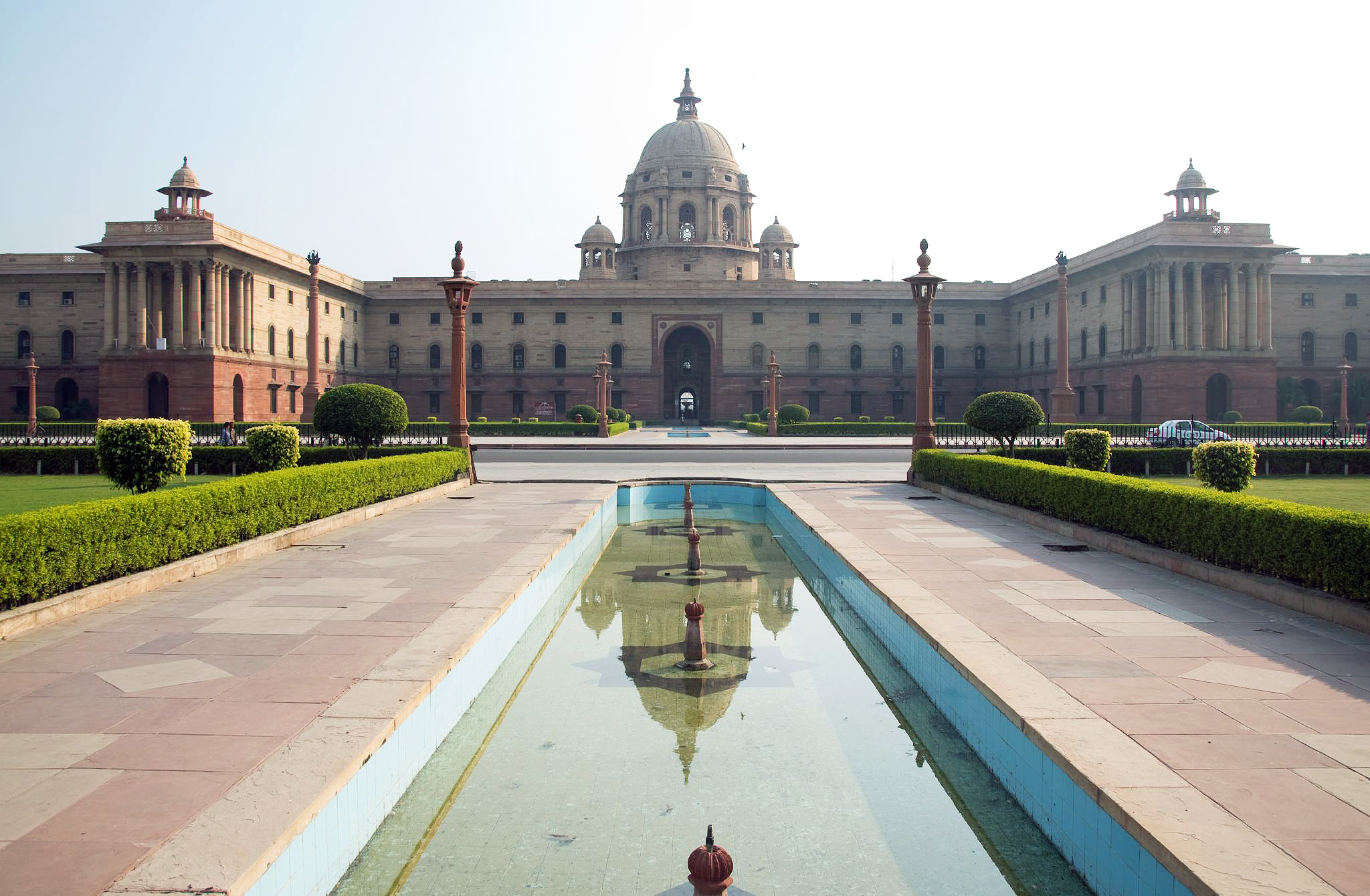
Criticism of Indian Federalism
Criticism of Indian Federalism
Though the founding fathers of the Indian Constitution have done their best to imbibe a federal character into our polity, there are a number of criticisms against it.
- Not a truly rigid constitution: The amendment process to the constitution of India follows a blend of rigidity and flexibility. Some of its provisions can be easily amended by the parliament and some require ratification from the states. While it is challenging to pass amendments that affect the federal provisions, it is not as difficult as the amendment process in the United States. Powerful Union government: The union holds more power as against the states. This can be understood by the number and importance of subjects under the Union list under Schedule 7 of the constitution. Even regarding the concurrent list, the constitution empowers the parliament to override any law made by the state legislature in case of a conflict with a union law on the same subject. Additionally, all residuary powers are also vested with the parliament. Besides this, it empowers the parliament to legislate in certain cases to legislate on subjects in the state list.
- Unequal representation of states in the upper house: In bicameral legislatures of federal countries, it is a basic feature to have equal representation for states in the upper house. India has deviated from this principle and has opted for proportional representation based on the population of the respective states.
- Executive is a part of legislature: Separation of powers is yet another essential part of a federal polity. In India though, the political executive is an integral part of the legislature.
- Lower house enjoys greater power than upper house: The role of the upper house in a federation is quite significant as it features representatives from the states. In the Indian parliament however, the lower house enjoys greater powers compared to the upper house. For instance, money bills can only be introduced in the lower house; a no confidence motion against the government can only be initiated in the lower house. Interestingly, the upper house as well enjoys the unique power such as to initiate a bill for the creation of an All-India service. Such unequal distribution of powers among the houses of parliament is contrary to the principle of federalism.
- Emergency powers with the Union: The constitution has vested all the emergency powers with the Union government. By enforcing an emergency, the Union government virtually takes complete control of the country, superseding the autonomy of the state governments.
- Integrated judiciary: Though independent, the judiciary is integrated. This means, India does not have a separate judiciary at the union and at the state level.
- Single citizenship: Indian citizens hold only one citizenship that is issued by the Union government whereas in United States of America, concept of dual citizenship exists.
- Appointment process of Governor: The power of appointing a governor lies with the President, who executes this power based on the advice of the council of ministers. As a result, the governor acts as an agent of the Union government.
- All India Services: The Union government through the All India Services such as the Indian Administrative Service (IAS), Indian Police Service (IPS) and Indian Forest Service (IFS), veers into the governance of states and controls the executive functions. Though the immediate authority of these services lie with the state, the ultimate powers lie with the Government of India. These services provide efficiency and uniformity in administration throughout the country.
- Destructible states: A state's name, territory, or its very existence can be changed by the Parliament by passing a law to that effect. All of this can be done following the procedure of an ordinary bill.
- Veto over states' bills: The Governor of a state has the power to reserve certain bills for the President's consideration. The President on the other hand is provided with absolute veto on these bills. At times, he also holds the power to reject bills, when they come after reconsideration and are still found wanting. As the President follows the advice of the council of ministers in this respect, this power can be misused to keep the state legislatures under the hold of the Union government.
- Integrated election machinery: Elections in India, at both the centre and states are conducted by the Election Commission of India. Though the body is independent of political intervention or influence, the Chairman and the members of the commission are appointed by the President.
- Integrated auditing: Similar to the conduct of elections in India, auditing of counts of the states and the union are done by the Comptroller and Auditor General of India. The holder of this office is also appointed by the President.
- Removal of key functionaries: The state government is hardly empowered to remove government functionaries, even at the state level. This includes judges of the high court, state election commissioners, etc.